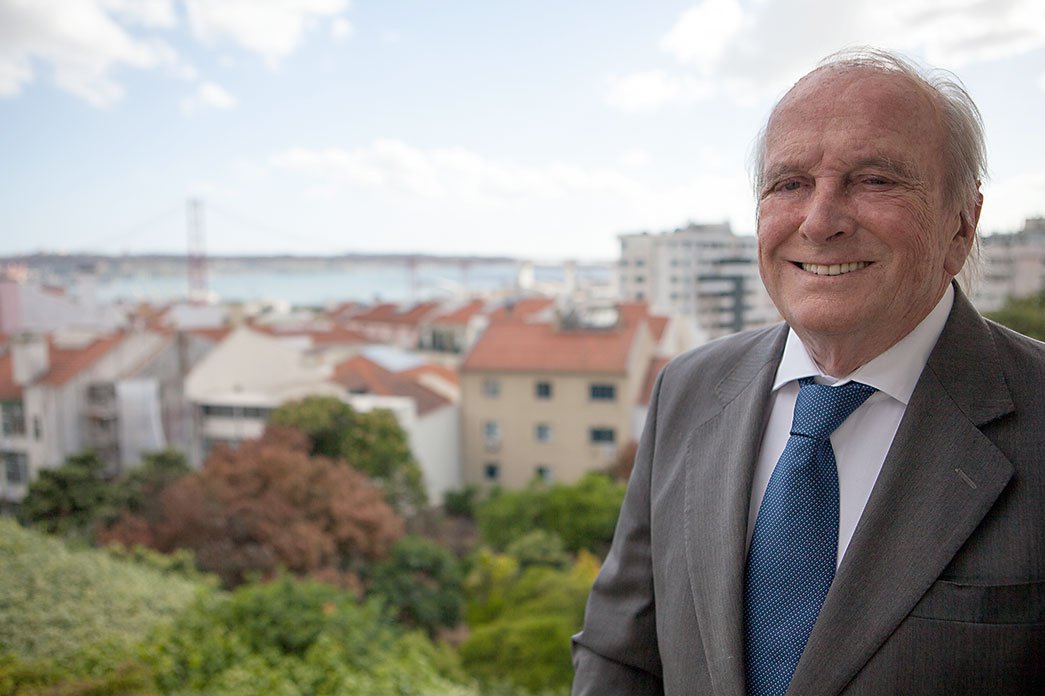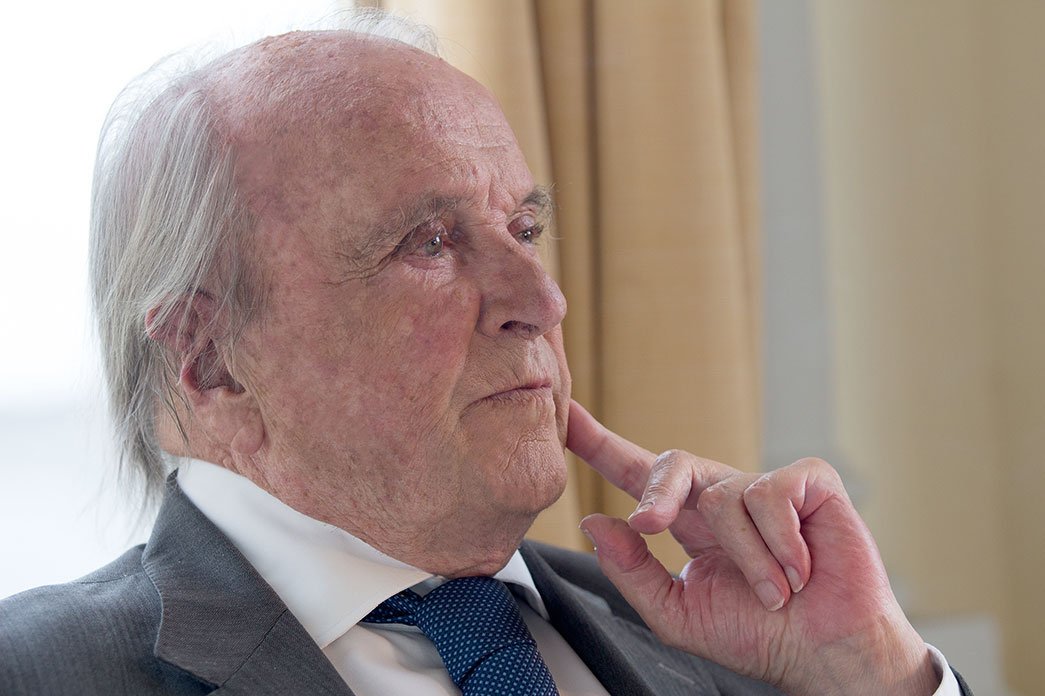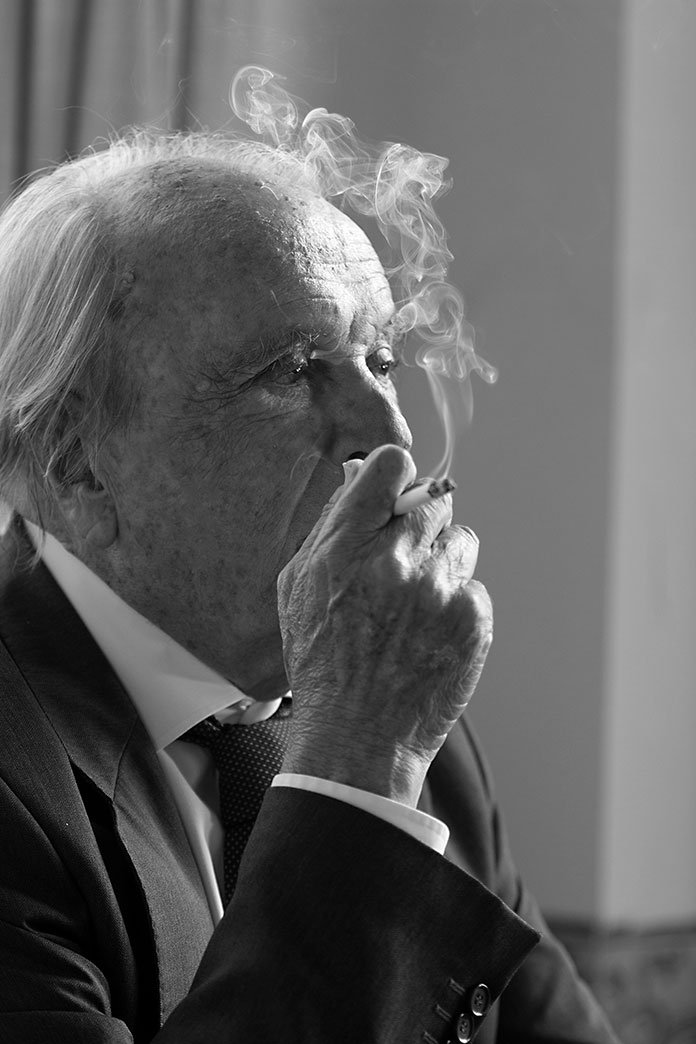
You’re
from Lisbon, you’ve always had a political vein, you were a journalist...
Not
was! I am.
You
still are...
I
think I will always be.
You
became a great entrepreneur...
Even
today (28-06-2017) I was somewhere, where they gave me some news, and the first
thing I did was to publish this news in one of the media outlets to which I am
connected.
Do you
still have this journalistic vein?
No
‘still’, cut the ‘still’.
Do you
miss the time when you were actually a journalist?
I
still do a lot of journalism, not as much as I would like, but I keep up with
journalism and its evolution, and, above all else, I keep a very close eye on
important content changes, on television, in the press, on the websites... And
it isn’t just keeping an eye on thing, I am very much involved in the final
decisions.
Do you
do so to be aware of everything that happens around you?
Of
course! I do not intervene in day-to-day decisions, because in these obviously
there has to be freedom and responsibility on the part of the directors.
You
became a major businessman... Surely you are proud of the course you have
taken. Still, if you could go back, what would you change?
(Silence).
It’s hard to answer. I think we are trying to adapt a lot to technological evolution
and political evolution. Private television did not exist. As soon as it was
possible, we were already ready to act and to set up the channel. We could have
done it earlier. What I regret is that in some cases we have not had the
political conditions, above all else, to have done it earlier, and that we lost
time there. It also seems to me that when we believed in the Internet, when it
was the first bubble in 2000, 2001, around then, we believed that almost
everyone in the media world could provide content for free, because that was
how it worked in terms of advertising revenue, which would surely be rewarding.
Therefore, not having charged from the outset for the content makes it more
difficult nowadays.
It was
the biggest mistake, in a way...
Yes.
It was not just mine; it was everyone’s in the world, not just in Portugal.
«A competent journalist
must be increasingly able to work with digital media»












